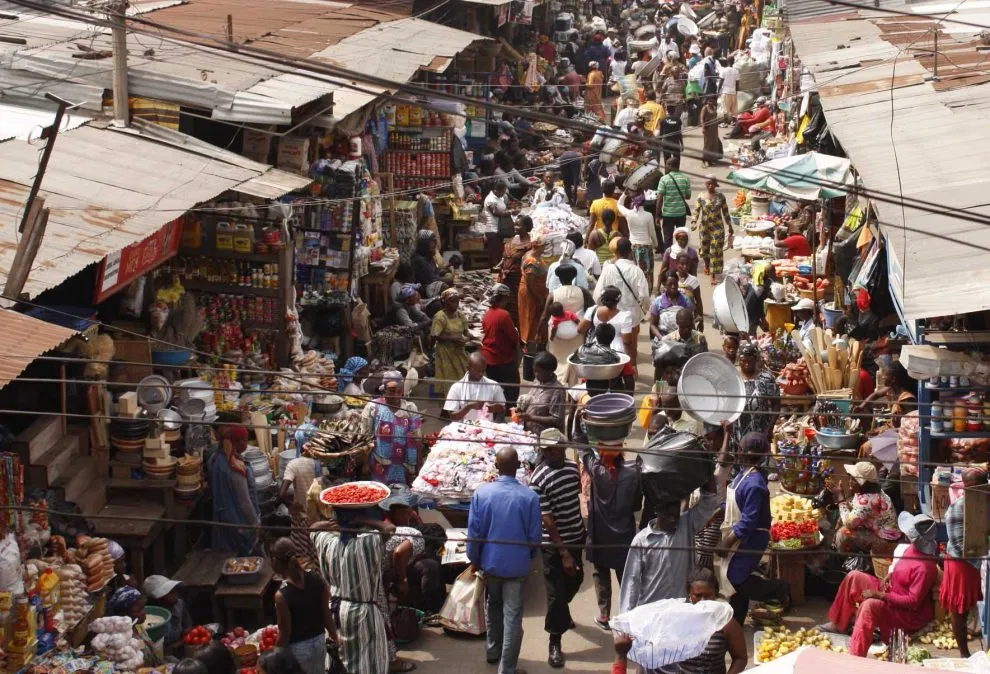
The Ndigboamaka Progressive Markets Association (NPMA) has issued a strong condemnation of the recently passed “Nigeria Shipping and Port Economic Regulatory Bill,” labeling it as a trillion-dollar boondoggle that threatens the interests of Nigerian shippers.
The NPMA in a press statement issued yesterday said the group represent over 23 million traders, calling out the bill’s provisions, which they argue prioritize revenue generation over the protection of shippers’ interests.
Speaking ahead of a planned world press conference, NPMA President General, Hon. Comrade Chinedu Ukatu, criticized the derogatory classifications and exploitation faced by the trading public. He noted that terms like “informal sector” and “unorganized” have been used to undermine and extort traders, a practice facilitated by individuals within the system who should be protecting federal interests.
The NPMA’s criticism comes on the heels of a celebratory announcement by the Executive Secretary of the Nigeria Shippers Council, Barrister Pius Akutah, regarding the bill’s passage by the House of Representatives.
Ukatu revealed that prior requests for clarifications on the bill were ignored, reflecting a broader disregard for the interests of the private sector.
The association highlighted key concerns with the new bill, particularly the establishment of the Nigeria Shipping and Port Economic Regulatory Agency.
The NPMA argues that this new agency will shift focus from protecting shippers to revenue generation, imposing additional charges and levies that will ultimately be passed on to Nigerian shippers.
The association noted that one of the most contentious provisions is Section 26, which outlines the agency’s funding mechanisms; which includes a three percent charge on carriage or contract fees and a two percent charge on gross tariff earnings of service providers. These costs, the NPMA contends, will further burden shippers who are already grappling with high costs and exploitative practices.
Ukatu pointed out that despite claims of zero piracy attacks on Nigerian-bound vessels, shippers are still subjected to international war risk insurance charges.
He also criticized the Nigeria Shippers Council for its inaction on global concerns about rising shipping costs and geopolitical tensions, which negatively impact trade patterns.
The NPMA’s grievances extend to the pervasive exploitation and double handling within the industry. Traders are subjected to arbitrary fees and charges, often labeled as “non-compliant” to justify these practices.
The NPMA also emphasized that the lack of regulatory will to address these issues exacerbates the economic hardship faced by traders and consumers alike.















